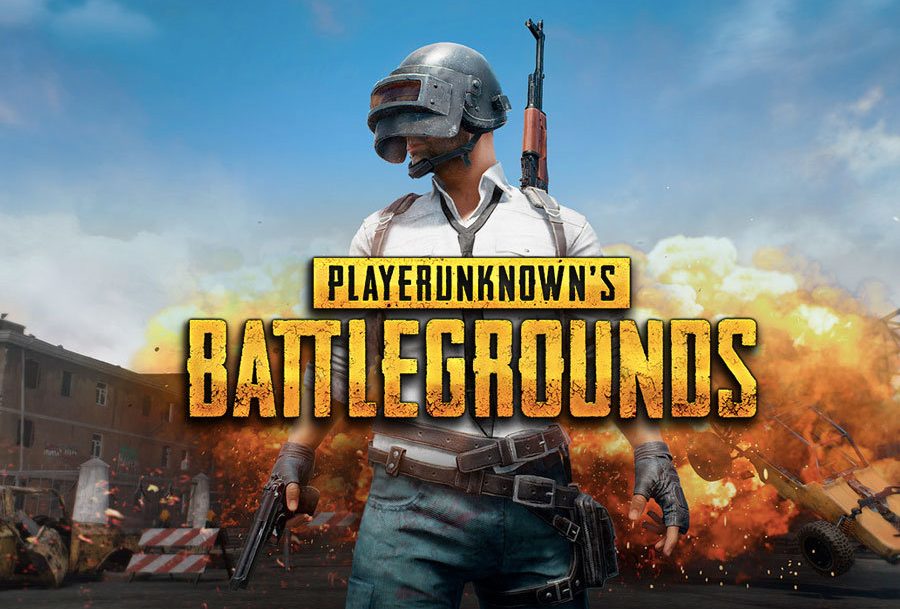China’s online gaming sector is booming despite heavy regulations. Here is a guide to selling your online games in the Chinese market and earn your “chicken dinner.”

A Still from the film ’21’
About a month ago, the Game Publishing Committee of China’s Audio-Video and Digital Publishing Association (中国音数协游戏工委) reported that China’s State Administration of Press, Publication, Radio, Film and Television (SAPPRFT) “holds a negative attitude” toward last-man-standing games like PLAYERUNKNOWN’S BATTLEGROUNDS (aka PUBG) and it would be difficult for this type of game to obtain a publishing permit in China. As we all know, “difficult” does not mean “impossible” and China’s gaming giant Tencent Holdings Ltd. has announced it will be bringing PUBG to China with a “socialist makeover.”
Though many gamers in China have had chicken dinners, PUBG has never been officially imported into China, meaning no Chinese government approval or local servers. Chinese gamers purchase PUBG (and many other games) through the widely popular gaming platform, Steam and play on servers hosted somewhere in the world other than China, like the US. This sometimes causes unstable network connections. Therefore, an official import is in demand.
- China prohibits foreign investment in online game publishing
As a basic rule, foreign companies are not allowed to invest in online game publishing in China. Reiterated in the 2016 Administration Rules for Online Publishing Service (2016 OPS Rules), online games are considered online publications and offering such publications via information networks is providing online publishing services. According to the Catalog for the Guidance of Foreign Investment Industries (revised in 2017), online publishing services fall under the industries where foreign investment is prohibited. Foreign developers, therefore, are prohibited from selling or operating online games directly in China.
- Licensing is key
Due to the restrictions stated above, foreign game developers must partner with a Chinese entity to enter the Chinese gaming market, and licensing is the way to go.
In choosing a China licensing partner, you want to first find out whether your potential licensee is qualified to sell and operate online games in China. Ideally, this potential licensee should own an Online Culture Business Operation Permit (网络文化经营许可证) and an Internet Publishing Service Permit (互联网出版服务许可证). If the licensee does not have these permits, it will not be able to apply to import foreign online games.
You will also need a solid licensing agreement to protect your legal rights and economic benefits. What we have previously discussed on China licensing agreements remains important and you should read the following:
- China IP Licensing Agreements – Look Before You Leap
- China Licensing Agreements: Giving Your Technology a New and Profitable Life
- China Difficulties, Netflix, and Why We Love Licensing
- Nine Tips for China Licensing
- China Licensing Agreements: The Extreme Basics.
Once a licensing agreement has been signed, the Chinese licensee will be in charge of registering your game with the Copyright Protection Center of China, applying for import approval, and the actual operation after the approvals. Since you as the foreign game developer will not be directly involved in these steps, it is critical you choose a Chinese partner capable of going through the complex approval process and operating your game smoothly.
- Approval authorities and content review
If you remember the fight over World of Warcraft years ago, you already know that GAPP (predecessor of the SAPPRFT) and the Ministry of Culture (MoC) both asserted authority in approving the import of foreign online games.
As of now, approvals from both agencies are still required according to the 2016 OPS Rules and the Interim Measures for the Administration of Online Games promulgated by the MoC in 2010 (2010 Interim Measures). MoC focuses on the “cultural” perspective of the game, while the SAPPRFT focuses on the “publishing” side of things. Other than the nominal difference, it is unclear as to the exact role each of these two agencies plays in the approval process.
Overall, contents of online games are subject to censorship and games submitted for review must be fully developed and in their final operational version (or public beta version). The standard of content review is unclear. A few examples that may cause a failure to obtain approvals or the Chinese government to require further changes to a game include excessive violence, obscenity, compromising territorial integrity of the state (e.g. marking certain areas as independent countries), or discrediting the Chinese army. Again, an experienced Chinese game operator should be able to help the foreign developer avoid common pitfalls.
China’s online gaming industry is booming despite heavy regulations. Valued at $24.6 billion in 2016 (or more according to different market research reports) and growing. Like really growing. Strategic planning, choosing your Chinese partner wisely, and carefully negotiating and crafting your licensing agreement are nearly all that you need to navigate through this battlefield and earn your “chicken dinner.”
–This article originally appeared on China Law Blog.







